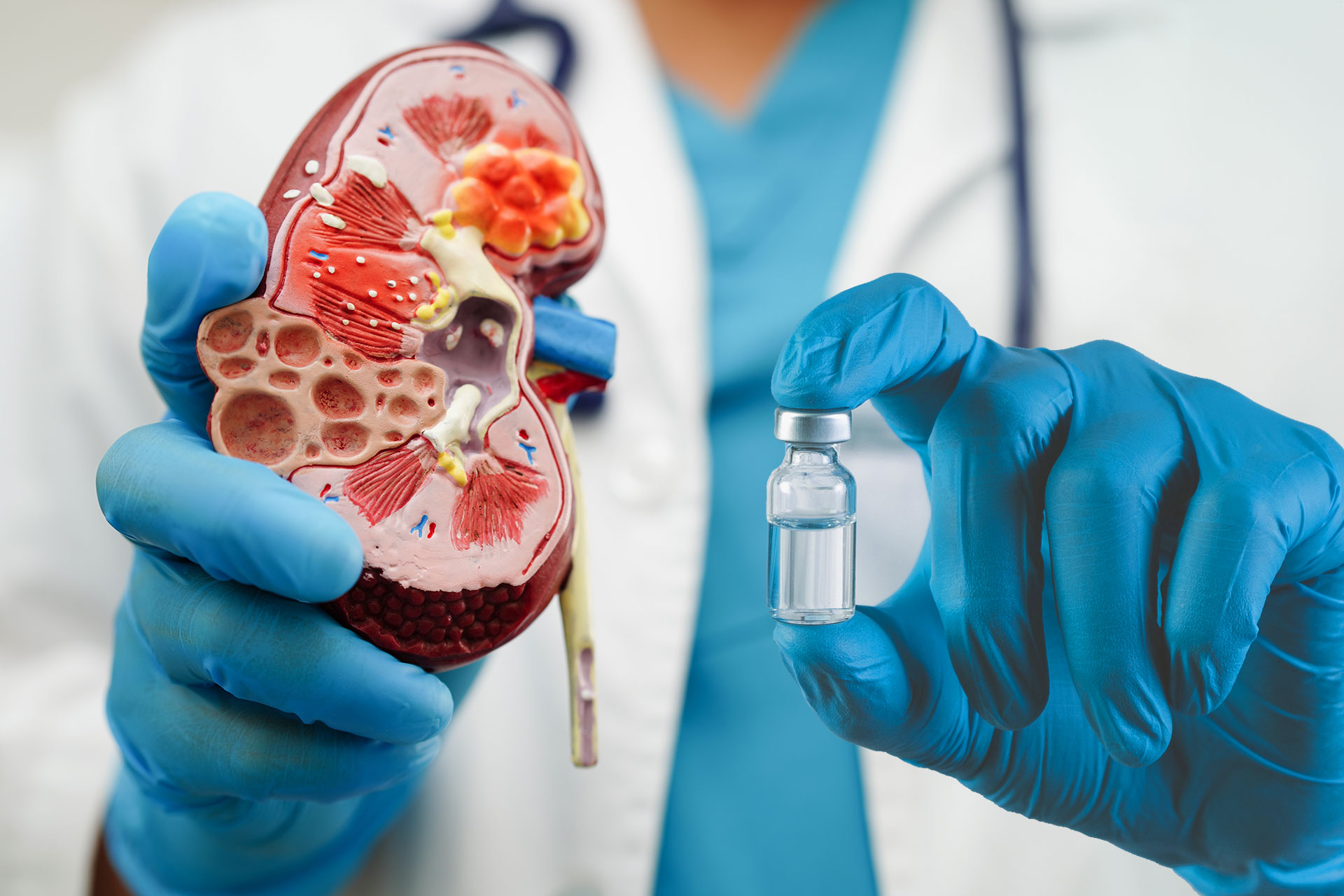In a global precedent, scientists managed to determine a small part of the Microrna RNA in the blood capable of protecting small blood vessels and supporting kidney function after severe injuries.
Millions of small blood vessels are located in the kidneys, where they filter blood from waste, and transmit the necessary oxygen and nutrients. Kidney injuries, resulting from temporary interruption, can lead to blood flow and restoration, to a decrease in the number of small blood vessels, causing a serious disruption in kidney function. The loss of blood vessels in the kidneys is an indication of chronic kidney failure.
This discovery may have a major impact on early diagnosis and the prevention of chronic kidney disease, as there was no known and reliable vital indicator to verify the health of these blood vessels and develop targeted methods to maintain kidney function.
The Micro RN (the new biological indicator) is defined as a small molecule of RNA mono -sequentially that works to regulate the genetic expression after copies.
The study was conducted by researchers from the University of Montreal in Canada, and its results were published in the JCI Insight magazine, on May 22, and the Yorik Alrt website was written about.
“In the case of people who underwent kidney transplantation, the kidney survival is threatened if kidney function changes significantly,” said Marie Jose Herbert, kidney disease and kidney transplant, and the study researcher. Using a biological indicator, a test can be developed to assess the condition of small blood vessels in a much early time. “Doctors in hospitals will be able to evaluate the healthy blood vessels of the most at best at risk.”
This can include elderly patients or who undergo surgeries during which blood flow stops temporarily, as in organ transplants or cardiovascular interventions. Thanks to this vital indicator, the medical teams were able to confirm whether their interventions improve or weaken the health of small blood vessels.

A possible preventive treatment
“We initially noticed volatile levels of Micro RN, which was discovered in the blood of mice infected with severe kidney injuries. Then these results were confirmed by 51 patients who underwent kidney transplants who participated in the vital bank of kidney transplantation,” said Francis Miniolet, co -author of the study from the University of Montreal.
But the really amazing thing is that by injecting this micro RN in mice that suffer from kidney injuries, we were able to maintain small blood vessels and reduce the damage caused to the kidneys, MINOLL said.
While direct injection into the kidneys is a medically feasible method during the transplant, and to protect the remaining small blood vessels, scientists are now focusing alternative techniques for transporting the Micro NN to the kidneys.
The test on this micro RN may be the detected is beneficial to patients with heart failure, lung insufficiency, or some degenerative neurological diseases.
“In these medical conditions, the loss of small blood vessels plays a major role, given its association with natural or accelerating aging. Therefore, our discovery can have a great impact on the health of all Canadians,” said Heber.
(Tagstotranslate) Health (T) Canada

